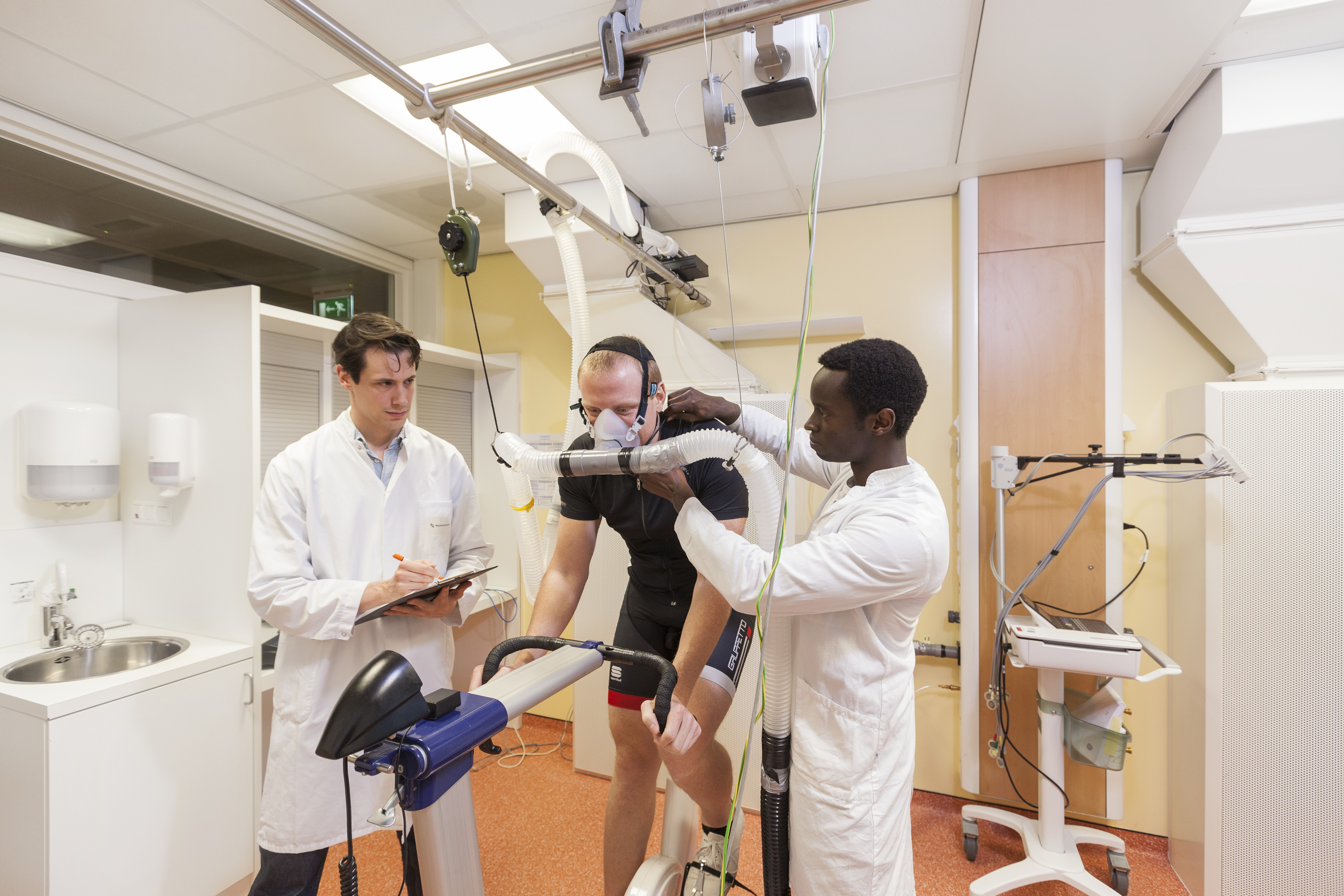Research in Metabolic Health
Research area 1 is led by:
Prof. Dr. Jogchum Plat (Nutrition & Movement Sciences) & Dr. Susan Coort (Translational Genomics/Bioinformatics)
Research themes
We focus on understanding how lifestyle and living environment, including diet, exercise, sedentary behaviour, cold exposure, and circadian rhythmicity, as well as pharmacological interventions, can optimize metabolic health. By performing comprehensive human intervention studies utilizing detailed deep phenotyping, we aim to uncover underlying mechanisms in key tissues such as skeletal muscle, liver, intestines, brain, (brown) adipose tissue, and the vasculature in humans, animal and in vitro models.
Our focus is on investigating both normal and pathological metabolic processes and to develop evidence-based strategies assisting people to make healthier choices. Finally, we explore how the individual characteristics and genetic makeup influences metabolic health and the response to interventions and use this knowledge for tailoring precise dietary recommendations. Through this work, we aim to support changing their lifestyle to improve their quality of life and disease outcomes, and to reduce public health impact of obesity, diabetes and cardiovascular health.

"Through research, we empower healthier choices, transforming lifestyles to enhance well-being and diminish the societal burden of metabolic diseases."
Research Impact
Changing unhealthy habits and lifestyles, as well as maintaining healthy habits, is what our research ultimately tries to encourage. We have unique facilities to study human metabolism, enabling us to perform translational research aimed at understanding the development and treatment of metabolic diseases.
We investigate human physiology and develop intervention programmes together with relevant stakeholders, and examine what is needed to implement them in such a way that they are sustained over time.



